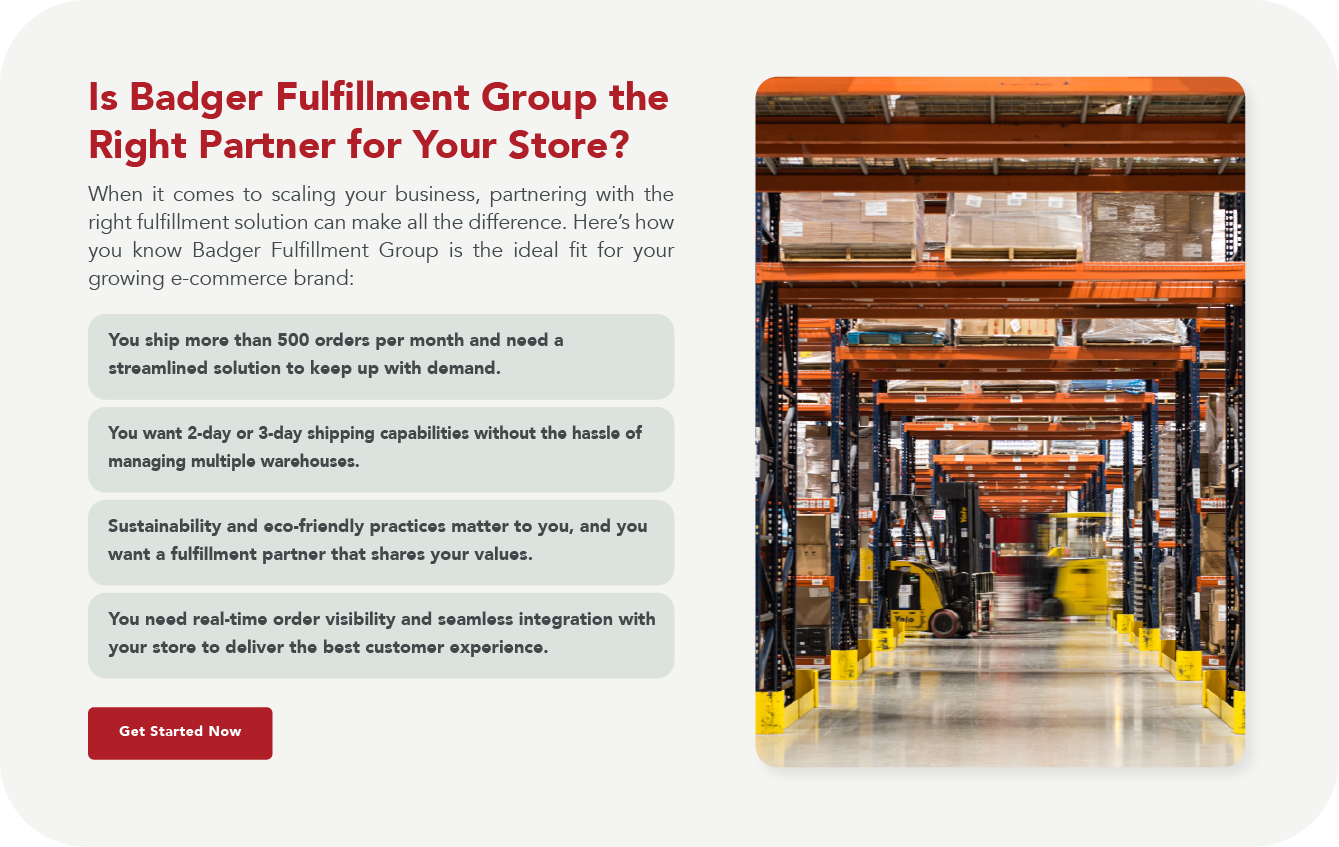The key to not just surviving but thriving in eCommerce is through the power of networking. As we navigate through this digital era, the traditional ways of doing business are evolving. It’s not just about selling products anymore; it’s about building a community around your brand, forming strategic partnerships, and leveraging these relationships for mutual growth. Let’s explore how networking can be your most potent tool in driving business success.
Understanding the Value of Networking in Business
Networking is the lifeline that can connect you to new markets, innovative technologies, and groundbreaking innovations. It’s about creating opportunities for growth and expansion that you might not have on your own.
Accessing New Markets: Networking can introduce your business to new customer segments and geographic areas. By connecting with other businesses, you can leverage their insights and experiences to enter these markets more effectively.
Embracing Technologies and Innovations: In a landscape where technology evolves at lightning speed, your network can help you stay ahead. Collaborations can lead to adopting new technologies that streamline operations, enhance customer experiences, and drive sales.
Types of Strategic Partnerships in eCommerce and Retail
B2B partnerships are the cornerstone of mutual growth. By collaborating with other businesses, you can unlock new opportunities, share risks, and expand your market presence.
How to Forge Strong B2B Partnerships
Identify businesses that complement yours. Look for companies that offer products or services that can enhance your offerings. Start by attending industry events or using platforms like LinkedIn to connect.
Wholesale Distributors and Manufacturers
The right partnerships with distributors and manufacturers can ensure a steady supply of products, helping you meet customer demand efficiently.
How to Secure Beneficial Agreements: Build relationships based on reliability and quality. Attend trade shows, use industry directories, and seek referrals to find the best partners. Negotiate terms that ensure flexibility and scalability to adapt to market changes.
Technology Providers
Technology is at the heart of eCommerce and retail. From eCommerce platforms to CRM and ERP systems, the right technology partners can revolutionize how you operate.
Choosing the Right Technology Partners: Look for providers with a strong track record in your industry. Consider their integration capabilities, support services, and scalability. Don’t shy away from asking for demos and customer references.
Fulfillment and Logistics Partnerships
Efficient logistics are critical in delivering the customer experience your buyers expect. This includes everything from warehousing to shipping and returns.
Selecting the Right Logistics Partner: Evaluate partners based on their reach, technology, and ability to scale with your business. Ensure they share your commitment to customer satisfaction. Partners like 3PLs can offer comprehensive solutions that allow you to focus on growing your business.
Marketing and Sales Alliances
These alliances can significantly extend your brand’s reach. Affiliate programs, co-branding, and cross-promotions can introduce your products to new audiences.
Maximizing Marketing Partnerships: Identify partners whose audiences align with your target customers. Create compelling offers that add value for both customer bases. Use clear metrics to measure the success of these partnerships.
Strategic Supplier Relationships
A reliable supply chain is indispensable. Forming strategic relationships with your suppliers can ensure you always have the products you need.
Building Effective Supplier Relationships:Negotiate long-term contracts that offer competitive prices and ensure supply continuity. Integrate suppliers into your planning processes for better coordination and efficiency.

Building Strong Business Networks
Networking is not just about making connections; it’s about cultivating those relationships over time. Here is how you can achieve these connections:
Attending Industry Conferences and Trade Shows: These events are gold mines for networking. Prepare in advance by identifying who you want to connect with and what you hope to achieve.
Joining Online Forums and Communities: Participate actively in discussions related to your industry. Offer genuine insights and help where you can, establishing yourself as a knowledgeable and trustworthy figure.
Leveraging Social Media: Platforms like LinkedIn and Twitter are ideal for networking. Share content that showcases your expertise, engage with others’ posts, and use these platforms to initiate conversations with potential partners.
Evaluating and Selecting the Right Partners
The right partners can elevate your business, while the wrong ones can hinder your growth.
Criteria for Choosing Partners: Look for businesses with aligned goals, a solid reputation, and the ability to scale with you. Assess their financial stability and the compatibility of their business culture with yours.
Conducting Due Diligence: Investigate potential partners thoroughly. This can include everything from financial audits to reading reviews and checking references.
The Role of Legal Advice: Never underestimate the importance of legal counsel when formalizing partnerships. They can help navigate contracts, intellectual property rights, and other legal complexities.

Overcoming Challenges in Networking and Partnerships
Even the best relationships can face challenges. Being proactive in addressing these challenges is key to maintaining healthy partnerships.
Strategies for Resolving Conflicts: Open communication and regular check-ins can prevent many issues. When conflicts arise, focus on finding solutions that address both parties’ needs.
Ensuring Mutual Benefits: Regularly review the partnership to ensure it remains mutually beneficial. Be willing to adapt terms as your businesses evolve.
The Future of Networking in eCommerce and Retail
The future of networking is digital, global, and increasingly focused on sustainability and ethical business practices.
Adapting to Emerging Trends: Stay informed about industry trends and technological advancements. Be ready to pivot your networking strategy to embrace new opportunities.
Sustainability and Ethics: Consumers are increasingly valuing sustainability and ethical practices. Forming partnerships that align with these values can enhance your brand’s reputation and appeal.
In the complex world of eCommerce and retail, networking is more than just a strategy—it’s a necessity for growth. By building and nurturing strategic partnerships, you can access new markets, leverage technological innovations, and create a supply chain that supports your business goals. Remember, the strength of your network can be the difference between success and stagnation. So, invest time in cultivating these relationships, and watch as they become the cornerstone of your business’s success.
Additional Helpful Resources
For further insights into the power of networking and how to leverage it for your business, explore these resources:
- Networking Strategies for E-Commerce: Discover effective networking techniques to enhance your e-commerce operations.
- Benefits of Strategic Partnerships: Learn how building strategic partnerships can boost your business growth.
- Forbes, 4 Networking Tips To Build More Strategic Connections: Get expert advice on how to network effectively in a professional setting.
- Building Trust and Credibility in E-commerce Through Transparency: Discover how transparency in business practices can enhance trust and credibility in the e-commerce space.
These resources offer valuable tips and strategies to help you harness the full potential of networking in your professional journey.



